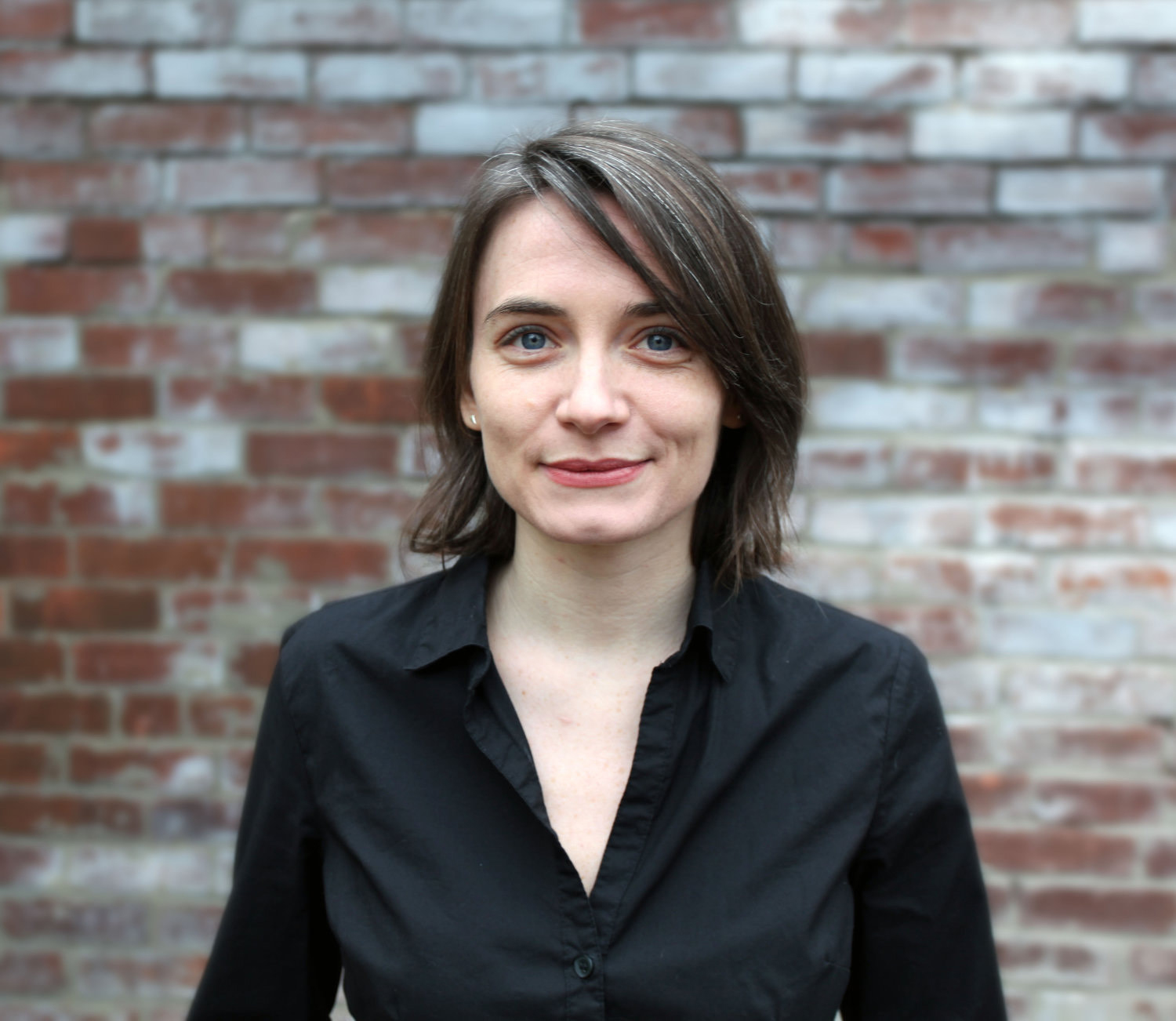
A mysterious illness appears out of nowhere. Case counts rise exponentially, as authorities attempt to downplay the severity of the disease. Transportation is cut off, and many are left stranded in unfamiliar places, separated from loved ones.
This is not a recapitulation of current events — it is the beginning of “The Plague,” a 1947 novel by French-Algerian writer and philosopher Albert Camus. During the coronavirus pandemic, Laura Marris ’10 is working on a new translation of this novel that has gained new relevance.
Widely read as an allegory for the Nazi occupation of France during World War II, “The Plague” — or “La Peste” — tells the story of the Algerian city of Oran as it is swept by plague and enters a lockdown.
Marris began the project in September 2019, months before the coronavirus spread across the globe. Now, she feels as though she is “looking through the book at the world.” Camus’ fictional plague is in part a response to war, and the war metaphors many people have used during the current pandemic have created a “strange two-way street of metaphor.”
At Yale, Marris was an English major in the creative writing concentration. She received an MFA. in poetry from Boston University and has published both translations from French and original English poetry and prose.
In her senior year at Yale, Marris took a seminar on Camus’ major works with French professor Alice Kaplan GRD ’81. Recently, Kaplan recorded lectures on “The Plague” for her class “The Modern French Novel,” which she co-teaches with French professor Maurice Samuels. Marris visited one Zoom class session to discuss the novel and her ongoing translation project.
“Laura … is a writer who understands other writers, and has a lot of respect for Camus’ style,” Kaplan said. “His restraint, and the way he lets the weariness of the situation into the rhythms of his sentences. I think we’re going to have a new ‘Plague’ –– closer to Camus’ intentions.”
According to Kaplan, who has taught “The Plague” for many years, the novel repeatedly reminds readers of real-life events. The novel has resurged in public discourse during periods such as the AIDS epidemic and the Ebola outbreak.
“But we’ve never had a situation that’s just knocked the world off its axis like this,” Kaplan said. “Every book has many lives, and sometimes books come crashing into our lives with a sudden relevance. We’re never going to forget that ‘The Plague’ became very close to us in 2020.”
According to Marris, the novel’s allegorical interpretation often obscures the text’s depictions of illness and the city of Oran. In her translation, she hopes to bring attention to the story’s physical spaces.
Marris said she hopes that her readers will pay more attention to Camus’ depictions of illness. These depictions are particularly significant because Camus himself had tuberculosis for much of his life and was in very poor health while writing “The Plague.”
“There is real depth in his portrayal of illness, and he had a real personal stake in it,” Marris said.
Marris said she hopes to restore the “restraint” in Camus’ narrative language, which she believes will make the book more moving to English readers. She also hopes to emphasize the contrast in tone between the “quieter moments of granular detail” and the more elevated, philosophical passages.
“There are moments when Camus is almost like a lyric poet,” Marris said. “The hard thing is to keep that restrained, beautiful, spare language from falling flat.”
Diego Meucci ’22, a student in “The Modern French Novel,” said the book felt “eerily similar” to the current moment, “as though [he were] reading a sort of weird parody of what was happening today.”
Meucci said that vivid portrayals of the characters in the novel made the fictitious outbreak feel more real than the present one. He highlighted the character Rambert, a journalist stranded far from home upon the city’s lockdown. Though he initially insists on leaving Oran, Rambert eventually decides to stay and join the city’s fight against the plague. Meucci said this gave him “hope that humanity can work together in the situation we are currently in,” although his hope was clouded by recent protests against social distancing measures.
Last week, Marris published an essay in the New York Times titled “Camus’s Inoculation Against Hate.” In the essay, Marris wrote that “while Camus was writing for the moment, he was also writing for the future … I still hope that books from the past can be a kind of serum for the future.”
Camus lived through World War II and the Algerian War. According to Kaplan, Camus knew that extinguishing one threat does not guarantee permanent safety, and “The Plague” reminds readers to remain vigilant and “be on the lookout for what in us could be toxic.”
According to Marris, Camus was “incredibly engaged” in reimagining a better world in the aftermath of WWII. The characters’ “brutal hopefulness” in the face of illness –– both the literal illness and its metaphorical interpretation as the rise of oppression and fascism –– gave the work political relevance even before the coronavirus crisis. Now, “The Plague” invites readers to further consider “the ways society might have the opportunity to change” when the crisis abates, Marris said.
“If there were ever an argument for protecting vulnerable people in our society, the experience we’re living through should inform us and push us in the direction of care, support and community,” Marris said. “So I hope Camus can be one of the voices that advocate for that sort of a future.”
Marris’ translation of “The Plague” will be published in 2021 by the Knopf Doubleday Publishing Group.
Carrie Zhou | pinyi.zhou@yale.edu







